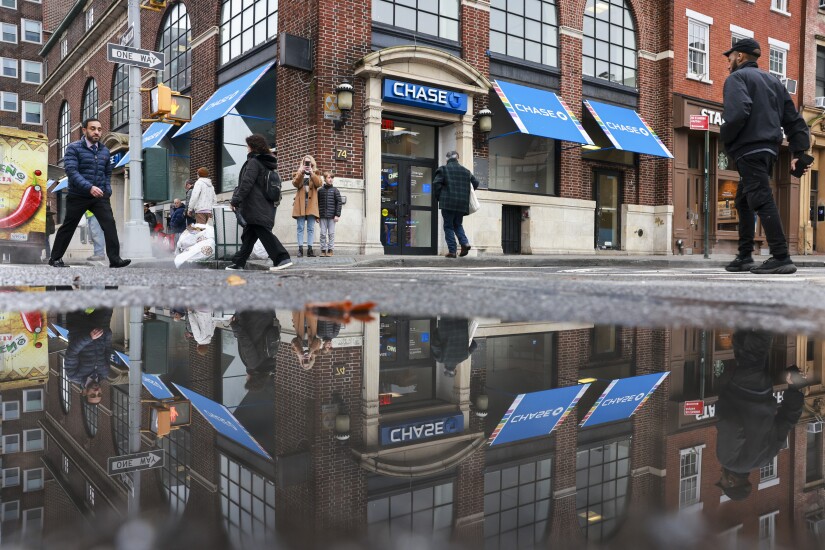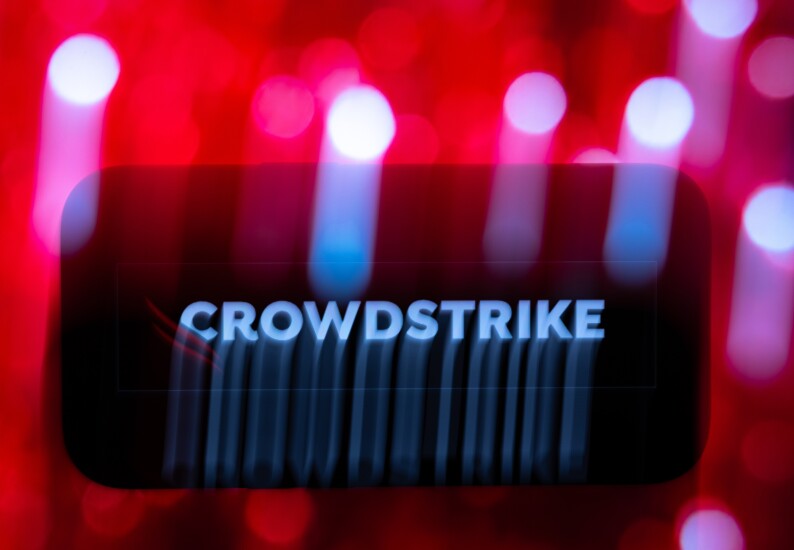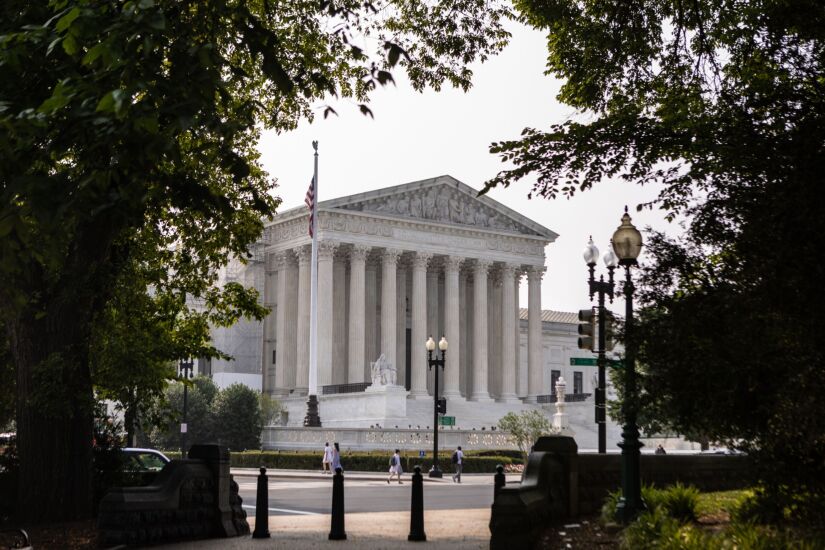Want unlimited access to top ideas and insights?
In this month's roundup of top banking news, how the widespread CrowdStrike outage affected banks of all sizes, JPMorgan Chase's new tech bet for combating rising fraud, what Project 2025 could mean for bankers and more.















